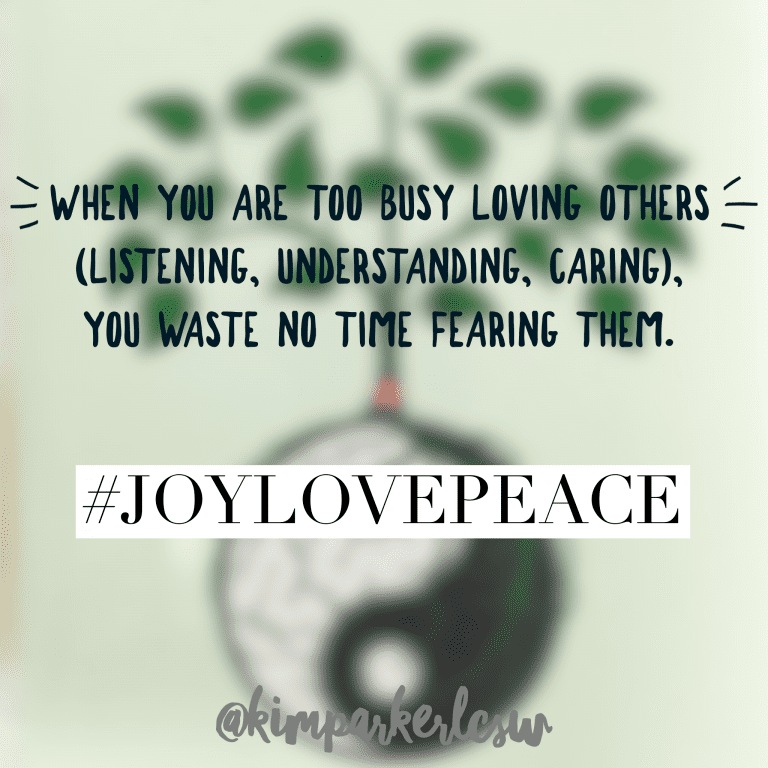Holidays are times often filled with good food, best behaviors, generous spirits, and heartfelt reunions. Yet for many, after the supposed joyous family celebrations comes the usual slump. I’m reminded of a funny quote on a festive dish that my co-worker once brought to the office: “I’ll be home for Christmas, and in therapy after that!”

Over the years, I have either personally experienced or known of friends or clients who get depressed just thinking of their life and family relationships. The picture-perfect outsides, the good stories and simple narratives that we usually tell do not come close to revealing the whole bad and ugly truth.
Perhaps giving a peek or two will suffice to help lessen the burden that our beloved friends and family carry? Maybe, by being a little more authentic about our struggles, our shame, and our deep, dark secrets, someone can be encouraged? Through normalization of problems, validation of emotions, and processing of thoughts, we might gain (or provide) the insight or inspiration to overcome.
With the advent of mobile internet and mass media, the line between personal/private and professional/business life gets blurred. It becomes increasingly clearer that people need to practice discernment or they get swept up by the superficial, materialistic, fast-paced tide of mindless consumerism. What we see and hear affects us deeply. If all that we are exposed to are pleasant stories or happy pictures of joy-filled people enjoying themselves all the time (and I’m just as guilty of sharing these as anyone else), then it’s no wonder that we struggle with feeling discontented, dissatisfied, or even hopeless. We know that our lives do not measure up to what we see and hear from the Jones.

Apart from the Almighty and Jesus’ work on the cross, there seems to be little meaning to this chaotic, unpredictable life. It’s hard to make sense of mean, threatening adults (especially when they are known to be redeemed Christ followers). It’s hard to understand how people can continue to behave so dysfunctionally year after year, no matter how old they get. Perhaps worse is when we are not able to heal from our own deep soulful wounds, swallow our pride and apologize for wrongdoings, receive forgiveness of sins, or extend forgiveness without someone first making an effort to be vulnerable. Is there a way that we can keep ourselves from not sinking into the abyss of despair and temptation apart from turning to Christ daily?
What about you—does your spiritual faith help you to overcome perpetual anger or miserable situations? Besides setting healthy, firm limits and lots of prayers for mercy and grace, what do you think can help?













